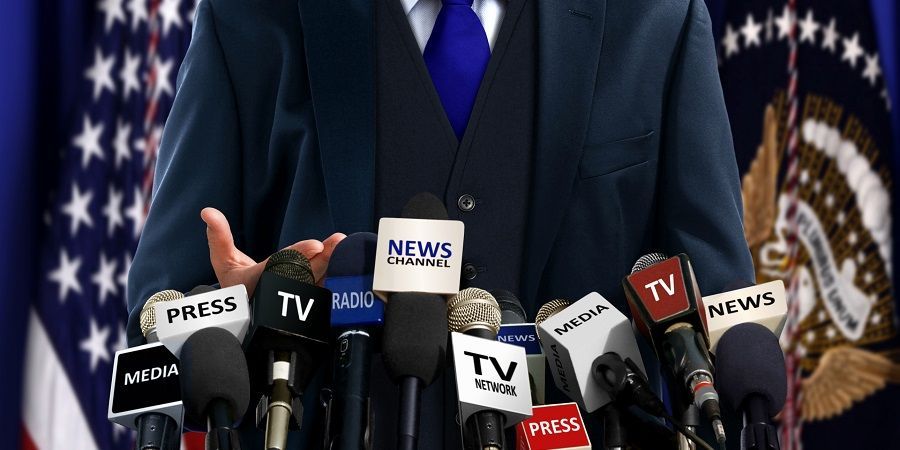Rouble trouble
A slide in the value of Russian currency has led many to cash out their modest savings and punt for either dollar or euro The financial crisis is quickly transforming Russia into a nation of desperate currency speculators due to a slide in the rou.

The financial crisis is quickly transforming Russia into a nation of desperate currency speculators due to a slide in the rouble's value and a deposit run gathering pace at the banks.
For many ordinary Russians, it's a game of roulette as they cash out their modest savings and punt for either dollar or euro.
The cards are stacked in favour of a dollar bet as Russians have a love affair with the greenback dating back to last financial crisis in 1998, when a rouble devaluation wiped out their savings.
Pensioners tuning into national TV last week may well have been baffled by a 15-second clip announcing the government widening the rouble's trading corridor by 30 kopecks, in a move seen by analysts as a tacit admission of a gradual devaluation.
Russia's state-run channels have largely ignored the domestic economic crisis by focusing on Wall Street's woes. Worsening financial conditions, though, are beginning to eclipse an eight-year commodity boom as problems in financial services and the real estate sector contaminate the real economy.
Business professionals who read the financial press will be well-informed while ordinary people are turning to currency kiosks and their chalkboards showing the latest currency rates.
The world's second-largest oil exporter has accumulated reserves of nearly $600bn during an oil and gas boom, but those reserves have fallen by a fifth to $475bn in the last three months largely due to efforts to prop up the rouble.
The Kremlin has spent tens of billions defending the rouble from falling oil and stock prices and capital flight of $150bn since early August.
The state is determined to hold the currency stable is because of the risk that a weak rouble will lead to a loss of confidence by Russian savers in the currency, in the banking system and in the government.
Over the past two-and-a-half months, the rouble has lost over 15% of its value, despite the interventions.
On Tuesday, street exchanges were selling dollars at less than 28 roubles, compared to a 23-rouble high in mid-July.
The faltering rouble is triggering a deposit run with reports suggesting a deposit loss of 25% in large retail banks and 3% in the state banks.
The Russian prime minister, Vladimir Putin, and his presidential successor Dmitry Medvedev remain popular leaders while the Russian population remains hugely apathetic to any liberal, communist or extremist alternatives.
In apparent appeal for calm, Medvedev and Putin said recently they would keep their savings in roubles — and in the bank. "I have kept all my accounts at the bank. I have not taken the money out, not changed roubles into dollars and not bought any shares," Medvedev told the Argumenty i Fakty newspaper.
But further currency fluctuations, along with jobs losses and rising inflation may yet bring out protesting babushkas if their mattress money again proves to be good only for fire tinder.














